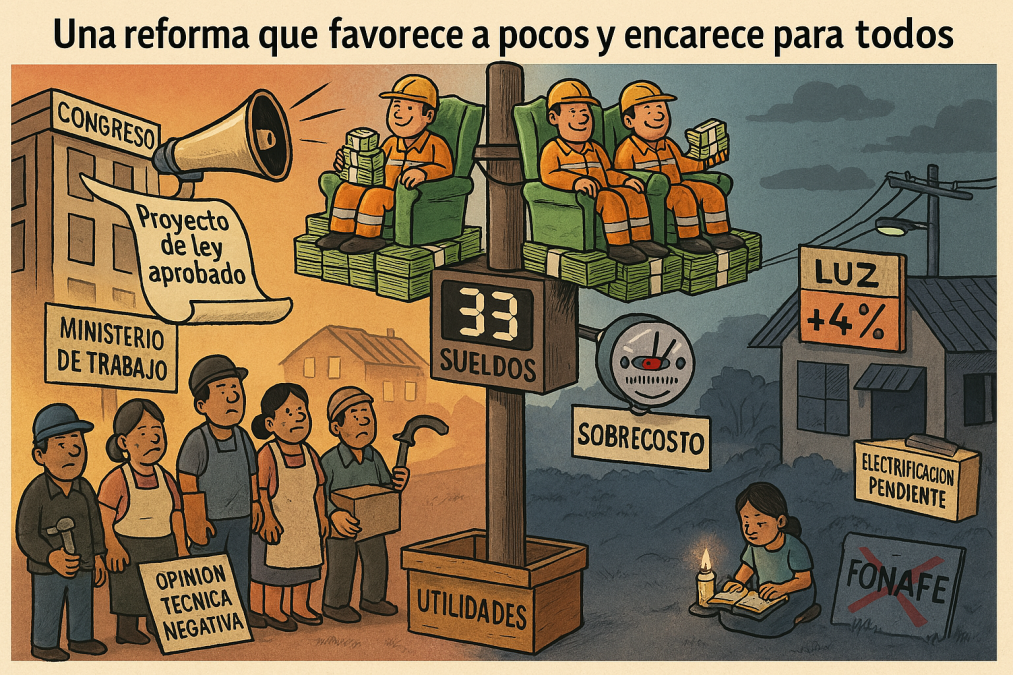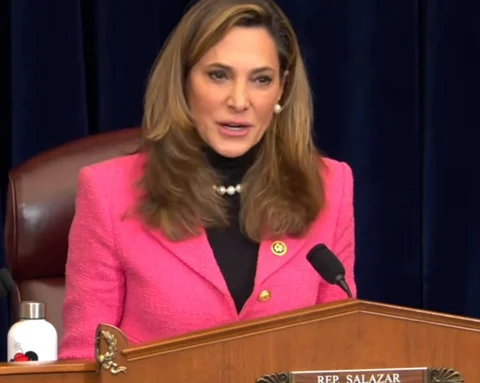By: Arturo Vásquez Cordano, partner of Gěrens Consulting and former Deputy Minister of Energy
The Congress has approved in first vote a bill that proposes to double the participation of profits for workers in the electricity sector, raising it from 5% to 10%. Although this measure seems to appear an act of labor justice, the truth is that it contains deeply negative economic, social and political consequences for the country.
Let’s start with the obvious: this measure would benefit less than 7 thousand workers in the electricity sector, many of whom already receive the legal stop of 18 salaries for profits, added to the 15 salaries that are normally paid in Peru. That is, we are facing a group that, in some cases, perceives up to 33 annual salaries, an unthinkable figure for the average worker.
This is not a redistributive or inclusive benefit. The majority of Peruvian workers – in SMEs or in the informal sector – does not receive profits. Therefore, increasing participation in this sector does not improve social equity; Rather, it distorts it. The Ministry of Labor has already issued an unfavorable technical opinion on this measure.
In addition, Fonafe has warned that this reform would represent an annual cost of S/ 129 million for state electrical companies. In a decade, this will represent about S/ 1.3 billion that could be used to electrify rural and vulnerable areas. It is a serious loss for millions of Peruvians who still do not access this essential service.
Nor can the tariff impact be ignored. It is estimated that electricity would increase in about 4% for all users: homes, shops and industries. We would all pay more to finance greater labor benefit for a few.
An expanded legal interpretation could allow workers of electrical contractors – many of them SMEs – also access the benefit. This would put its economic viability at risk, increase the costs of electrical works and encourage labor informality.
Finally, the project breaks the link between productivity and compensation. By giving higher income without requiring much effort, labor incentives are weakened. Instead of efficiency bonds, a generalized benefit is imposed that can erode the performance and quality of electric service.
Congress is still in time to amend this decision in the second vote. It is not about denying rights, but about defending a basic principle: that public policies must be sustainable, equitable and based on technical evidence. This is not.


















